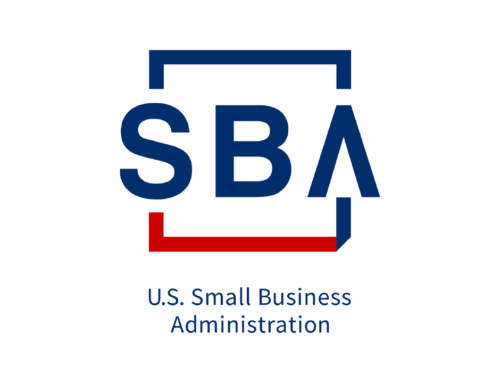 On December 17, 2014 President Obama announced a new course in the U.S. relationships with Cuba. The neighboring countries agreed to restore diplomatic ties after a half century U.S. embargo against Cuba, ending one of the world’s last Cold War standoffs and launching a realignment of the politics of the Americas.
On December 17, 2014 President Obama announced a new course in the U.S. relationships with Cuba. The neighboring countries agreed to restore diplomatic ties after a half century U.S. embargo against Cuba, ending one of the world’s last Cold War standoffs and launching a realignment of the politics of the Americas.
In the coming months, the United States will re-establish an embassy in Havana, Cuba and carry out high-level exchanges and visits between the two governments as part of the normalization process.
The policy changes make it easier for Americans to provide business training for private Cuban businesses and small farmers and provide other support for the growth of Cuba’s private sector.
Furthermore additional categories of people will be able to travel to Cuba. General licenses will be made available for all authorized travelers in the following existing categories: family visits; official business of the U.S. government, foreign governments, and certain intergovernmental organizations; journalistic activity; professional research and professional meetings; educational activities; religious activities; public performances, clinics, workshops, athletic and other competitions, and exhibitions; support for the Cuban people; humanitarian projects; activities of private foundations or research or educational institutes; exportation, importation, or transmission of information or information materials; and certain export transactions that may be considered for authorization under existing regulations and guidelines. Travelers will be authorized to import $400 worth of goods from Cuba, of which no more than $100 can consist of tobacco products and alcohol combined.
Other key components of the updated policy include new efforts to increase Cubans’ access to communications and facilitation of authorized transactions between the United States and Cuba.
For more information: http://www.whitehouse.gov/the-press-office/2014/12/17/fact-sheet-charting-new-course-cuba





